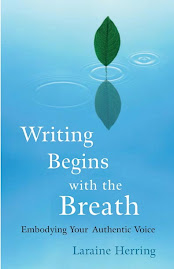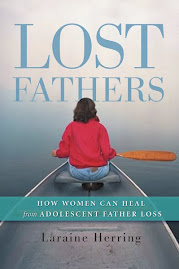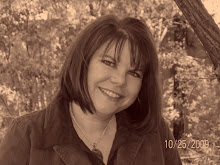
The image above is the tattooed chest of one of my novel writing students. The line is from Michael Cunningham's Specimen Days. We read the novel in class this semester. I've taught the book three times. Three times most of the students hate it.
I keep teaching it because the way the text frustrates the readers challenges their belief systems. It challenges the way they see the world and the way they believe the world ought to be. I put up with the whining and moaning and crying over the book because it's, well, just that good. Cunningham, using the words of Walt Whitman's "Specimen Days", weaves a three-part narrative that flies in the face of conventional narrative structure. But more than that, it directly addresses human hope, human apathy, and the forces of industrial and technological changes we've thrust upon the earth. It has the courage to hold up a mirror to us and show us the impermanence of our world. It places meaning squarely in the present moment, not in a hoped-for-perhaps-maybe-one-day heaven in the clouds. It calls to account a responsibility for your own life. Right here. Right now.
Yes, I do understand why it challenges people. I do understand why Specimen Days didn't receive the status of his Pulitzer Prize winning The Hours. It is simply too challenging. It pulls you into the book and forces you to examine the way in which you read -- the way in which you experience and expect narrative to unfold -- the way in which you believe society works, or should work. It challenges the narrative you've written around God or no-God, technology or no-technology, hope or no-hope.
The line my student tattooed on his body comes from the first section, "In the Machine." This section takes place at the end of the 19th century and the dawn of the Industrial Revolution in America. The climax of that section occurs during a garment factory fire, reminiscent of the Triangle Shirtwaist Fire. One woman poised to jump from the flames communicates to Lucas (the protagonist): “God is a holy machine that loves us so fiercely, so perfectly he devours us, all of us. It is what we’re here for, to be loved and eaten.”
When my student came to class and showed off his tattoo, many people in the class couldn't understand why he would do that. They couldn't understand what he understood about the story -- and certainly not what he embraced enough about it to permanently mark it on his flesh.
I wanted to cry when I saw it. Not just because a student responded so positively to a text I'd chosen (though that alone was cause for celebration), but because of the line he picked. He selected the heart of the book. The heart of Walt Whitman. For me, the imperfect, broken, bleeding, healing, regenerating heart of humanity.
Live fiercely. Live now. Love fiercely. Love now. And when it's time to go somewhere else, surrender your flesh so that it nourishes another creature. We are no more nor less than the blades of grass. No more no less than any other creation. The least we can do, after all our fierce loving, fierce consuming, and fierce living, is give something back to the beautiful earth, ensuring ultimately, life everlasting.











2 comments:
snatched my breath away.
Now that, my friend, is a testament to you, to language, and to love. Thank you for sharing that.
Post a Comment